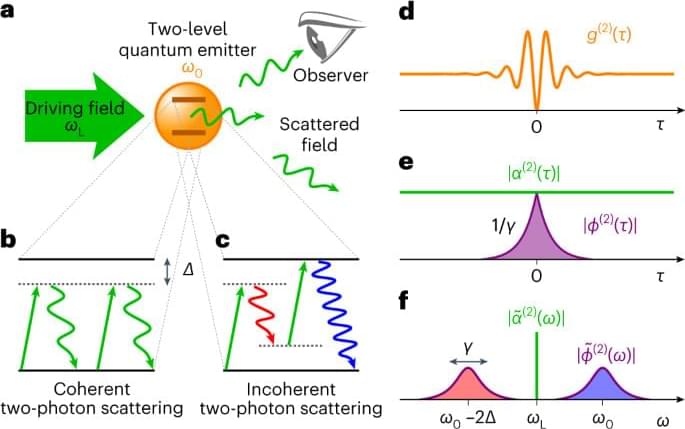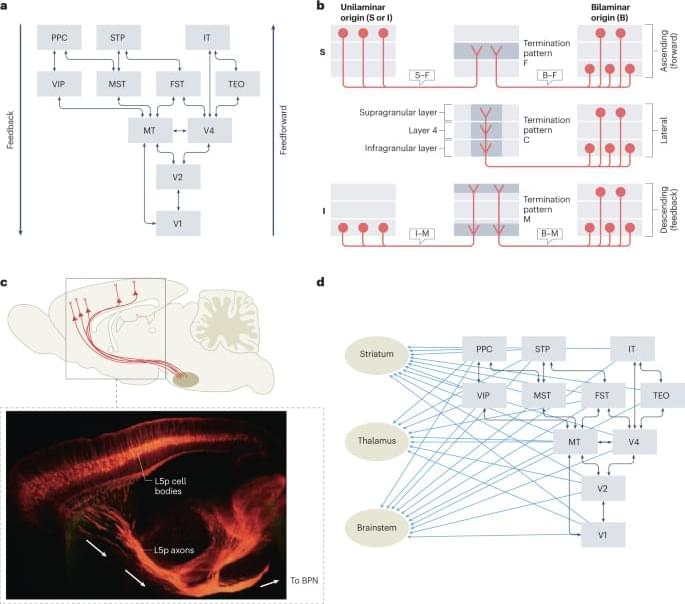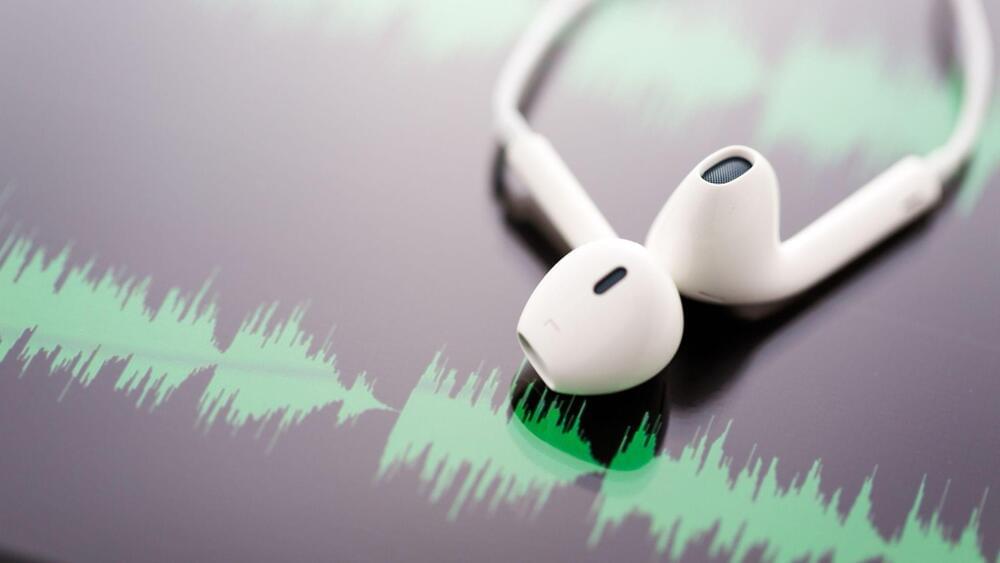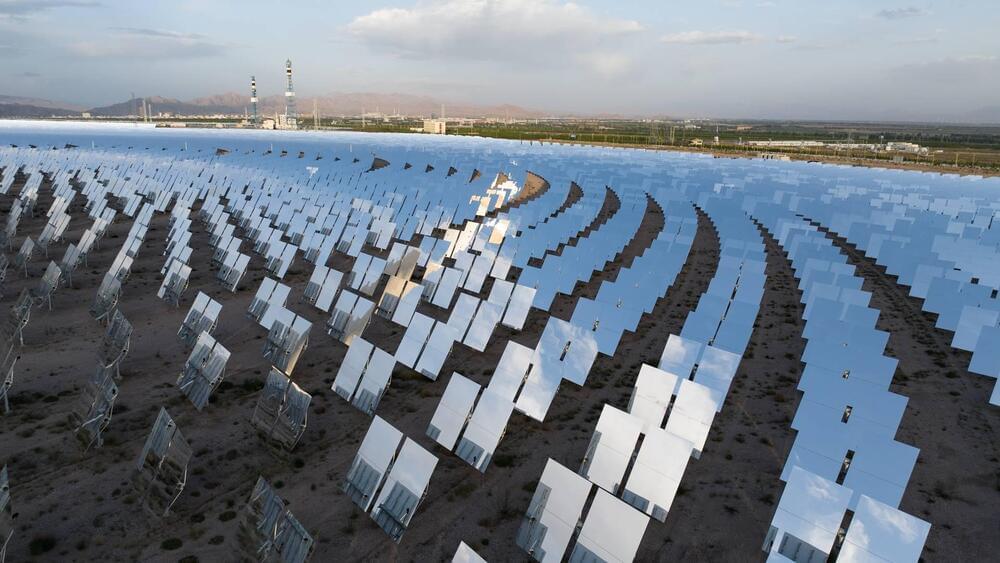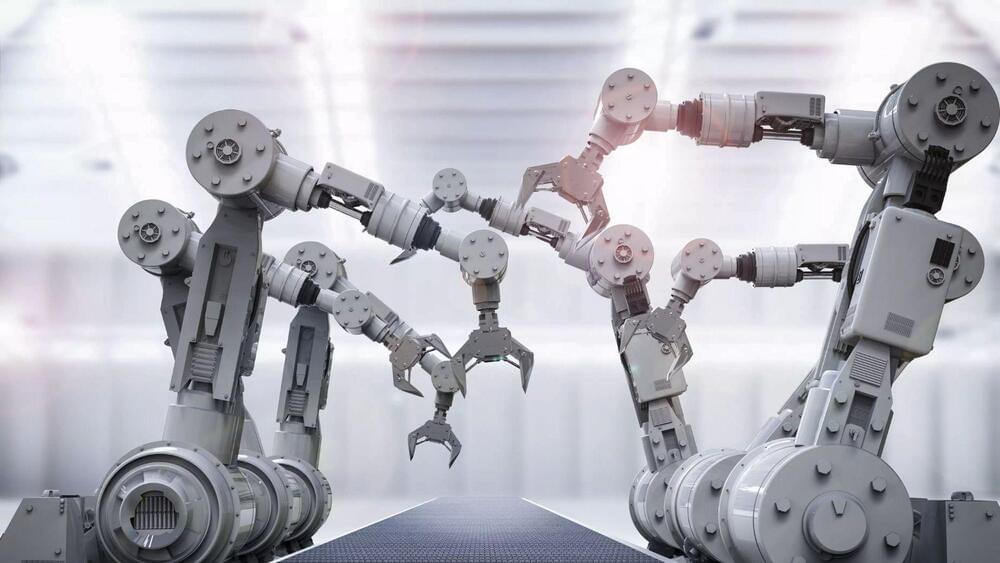Gaming is a $193 billion industry — nearly double the size of the film and music industries combined — and there are around three billion gamers worldwide. While online gaming can improve wellbeing and foster social relations, privacy and awareness issues could potentially offset these benefits and cause real harm to gamers.
The new study, by scientists at Aalto University’s Department of Computer Science, reveals potentially questionable data collection practices in online games, along with misconceptions and concerns about privacy among players. The study also offers risk mitigation strategies for players and design recommendations for game developers to improve privacy in online games.
‘We had two supporting lines of inquiry in this study: what players think about games, and what games are really up to with respect to privacy,’ says Janne Lindqvist, associate professor of computer science at Aalto. ‘It was really surprising to us how nuanced the considerations of gamers were. For example, participants said that, to protect their privacy, they would avoid using voice chat in games unless it was absolutely necessary. Our game analysis revealed that some games try to nudge people to reveal their online identities by offering things like virtual rewards.’
